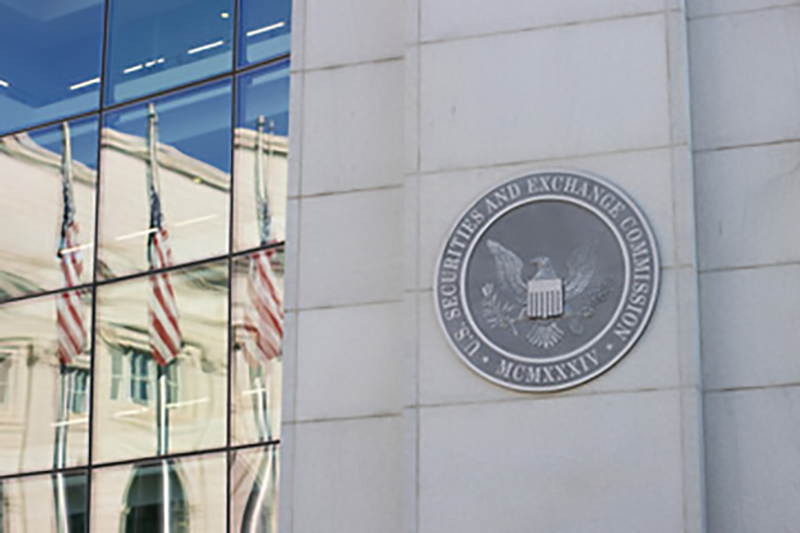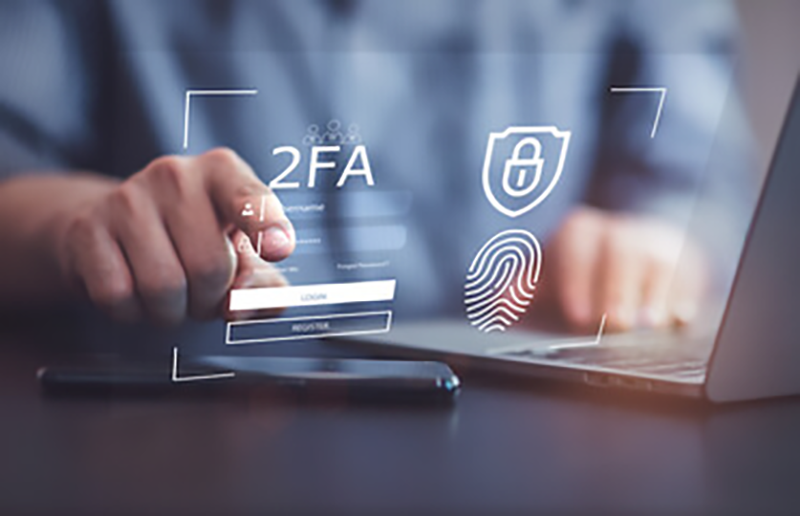How Secure Is Your Data In The Cloud?
As more businesses move their data to cloud platforms, security becomes a top concern. Gartner predicts that by 2028, over 50% of enterprises will rely on industry cloud platforms.1
With this shift, it’s best to understand how secure your data is in the cloud and what you can do to protect it.

Is The Cloud 100% Safe?
When you store your data in the cloud, you’re putting it on servers that are managed by companies like Google, Amazon, or Microsoft. These companies work hard to keep your data safe with strong security measures. However, no system is completely foolproof.
You need to keep in mind that the data stored on those platforms have the term called “Shared Responsibility Model” This means that the cloud provider will provide the Hardware/Software, facility to provide certain services, while you, the client will need to do the reset.
As a customer of those cloud services, you still need to think about security.
Take for example the recent AT&T data breach. AT&T stated in a regulatory filing that hackers accessed Snowflake, a cloud storage provider containing customer data.
Yes, even the cloud is vulnerable to unauthorized access.
Here’s what you should know:
- Security Measures: Cloud providers use advanced security tools to protect your data. This includes encryption, firewalls, and constant monitoring for suspicious activity. They also have teams dedicated to finding and fixing security issues.
- It Comes With Risks: Despite these protections, there are still risks. Hackers might try to break into cloud servers, or there could be mistakes made by the cloud provider. If you use weak passwords or don’t enable extra security features like two-factor authentication (2FA), your data could be more vulnerable.
- Your Role: You also play a part in keeping your data safe. Use strong, unique passwords and enable any extra security features offered by your cloud provider. Regularly update your passwords and be cautious about what data you store and share online.
- Data Backup: Even with strong security, it’s a good idea to keep backups of important data in more than one place. This way, if something does go wrong, you won’t lose everything.
While the cloud can be very secure and is generally a safe place to store your data, the 2Secure team believes that it’s not completely without risk.
What Are The Biggest Risks With Cloud?
Using the cloud for storing your data and running services has many benefits, but it’s important to be aware of the risks. Here’s a look at some of the biggest concerns:
1. Data Breaches
One of the biggest risks is a data breach. This happens when someone unauthorized gains access to your data. Hackers might target cloud servers to steal sensitive information. Even though cloud providers use strong security measures, breaches can still occur.
2. Data Loss
While cloud providers usually backup your data, there’s always a chance of data loss. This can happen due to technical failures, human errors, or even disasters. It’s wise to keep your own backup copies of important files.
3. Account Theft
If someone gains access to your cloud account, they can view, alter, or delete your data. This can happen if you use weak passwords or fall for phishing scams. Protecting your account with strong, uncommon passwords and enabling 2FA can help prevent this.
4. Service Outages
Cloud services can experience downtime or outages. This means you might not be able to access your data or use certain services for a while. It’s important to have a backup plan in case of these interruptions.
5. Compliance & Privacy
Different countries have different rules about data privacy and protection. If you store your data in the cloud, you need to make sure the provider follows the regulations that apply to your data. Failing to do so could result in legal issues or fines.
6. Limited Control
When you use cloud services, you’re relying on another company to manage your data. This means you might have less control over how your data is handled and protected compared to if you manage it yourself.
7. Shared Resources
Cloud providers often use shared resources, which means your data is stored on the same physical hardware as other users’ data. While cloud providers take steps to protect your data from being accessed by others, this shared environment can pose risks.
Knowing these risks and taking steps to address them will help you use cloud services effectively while keeping your information safe.
Can Someone Hack Into My Cloud?
Yes, someone can hack into your cloud account, but there are ways to protect yourself. Here’s how it can happen and what you can do about it:
How Hacking Happens
Hackers might try to break into your cloud account using various methods. They could use stolen passwords, exploit weak security settings, or trick you into giving them access through phishing scams (fake emails or messages that look like they’re from a trusted source).
Why It’s A Risk
Once hackers gain access to your cloud account, they can steal, alter, or delete your data. This can be a big problem if your cloud storage contains sensitive information like personal details, financial records, or important documents.
How Do I Secure My Cloud Security?
- Use Strong Passwords: Create passwords that are hard to guess. Avoid using easily guessed information like your name or birthday.
- Enable Two-Factor Authentication (2FA): Using 2FA features an extra layer of security. Even if someone gets your password, they would also need a second code that’s sent to your phone or email.
- Be Careful with Phishing: Don’t click on links or download attachments from unknown sources. Always verify the sender’s identity before providing any information.
- Keep Your Software Updated: Make sure you’re using the latest versions of apps and operating systems, as updates often include security fixes.
What To Do If You’re Hacked
- Change Your Password Immediately: If you suspect someone has gained access to your account, change your password right away.
- Contact Your Cloud Provider: Let them know about the issue. They can help secure your account and investigate the breach.
- Review Your Account Activity: Check for any unusual activity or changes to your files.
- Ask For Expert Help: Cybersecurity professionals can help you when such situations arise. They would also recommend setting measures in place to prevent these incidents.
That said, keeping your cloud account secure helps you protect your personal and business information.
FAQ
How Safe Are My Files in the Cloud?
Your files in the cloud are generally safe due to strong security measures like encryption and constant monitoring. However, no system is completely foolproof. To keep your files extra secure, use strong passwords, enable two-factor authentication, and be cautious of phishing scams.
Is It Safe to Put All Your Data in the Cloud?
Storing data in the cloud is generally safe, thanks to strong security measures. However, it’s smart not to put all your data in one place. Use strong passwords, enable 2FA (as previously mentioned), and backup important files. Being cautious and using good security practices will help keep your data safe.
Can Cloud Security Be Hacked?
Yes, cloud security can be hacked, but there are strong measures to protect against it. Using services like 2Secure can help safeguard your data by providing advanced security features and monitoring. For businesses, 2Secure offers protection against breaches and helps manage risks to keep your cloud data safe.

Source:
- Gartner Says Cloud Will Become a Business Necessity by 2028. (n.d.). Gartner. https://www.gartner.com/en/newsroom/press-releases/2023-11-29-gartner-says-cloud-will-become-a-business-necessity-by-2028




